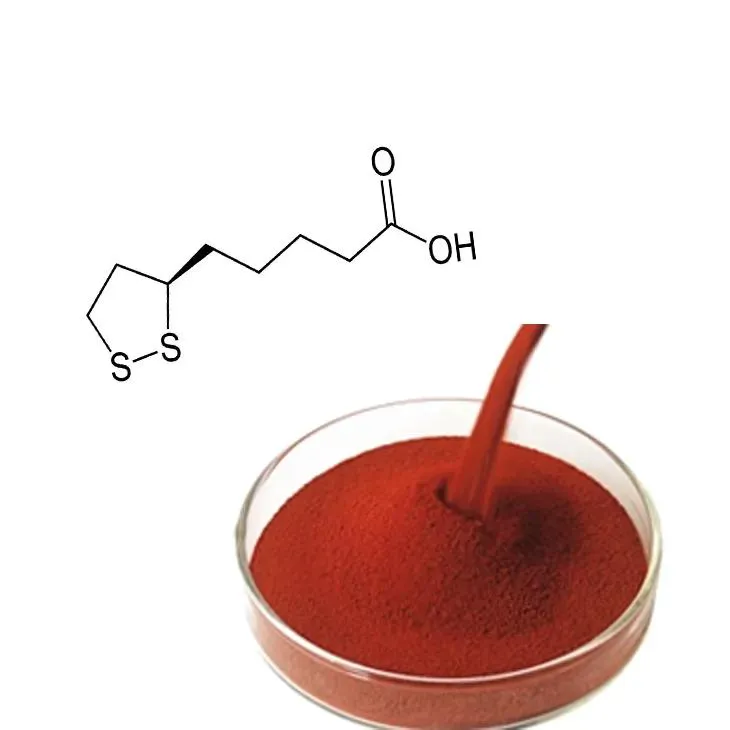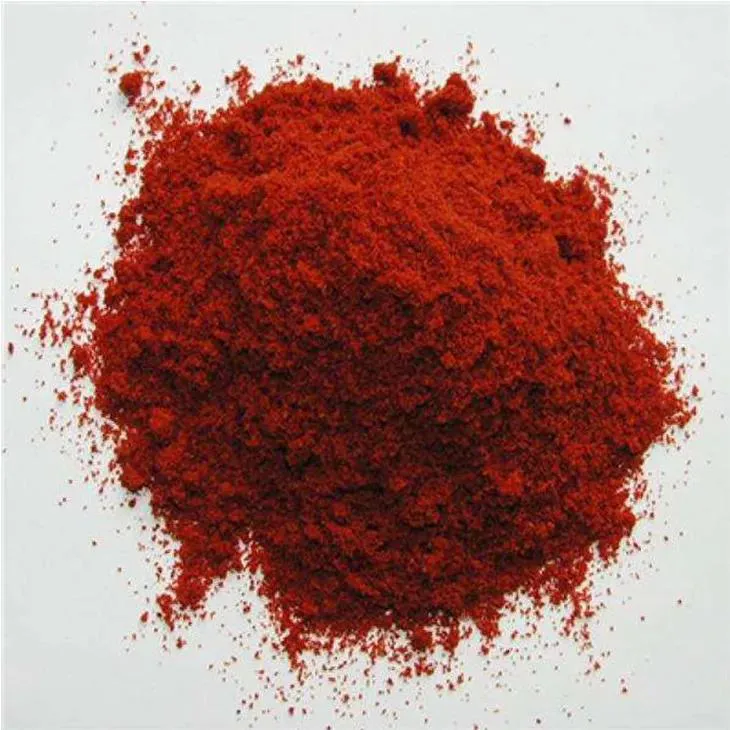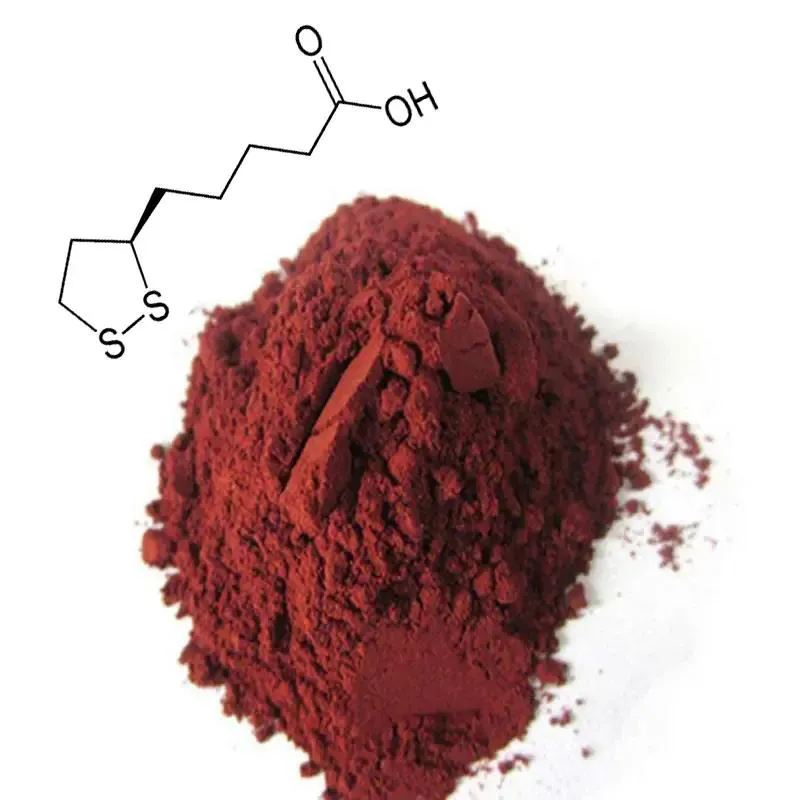- 0086-571-85302990
- sales@greenskybio.com
Supplement Safety: What Not to Mix with Astaxanthin
2025-10-31

Astaxanthin, a potent antioxidant in the carotenoid family, is gaining recognition for its wide range of health benefits, including its abilities to support cardiovascular health, enhance skin protection, and boost muscle endurance. Derived predominantly from microalgae and found in seafood like salmon and crustaceans, Astaxanthin’s powerful antioxidative properties are attributed to its unique molecular structure. As with any supplement, understanding potential interactions and contraindications is essential to maximize benefits and minimize risks. This article aims to explore what substances should not be mixed with Astaxanthin, offering guidance on safe supplementation practices.
Understanding Astaxanthin
Astaxanthin’s reputation as a superior antioxidant arises from its ability to combat oxidative stress more effectively than other carotenoids. It is fat-soluble, which enhances its capacity to integrate into cell membranes, offering protection from oxidative damage across various organ systems. The antioxidants’ broad-spectrum protective effects against inflammation and cellular aging make it a popular choice among health-conscious individuals. Given its extensive use, understanding how astaxanthin might interact with other substances is imperative for safe and effective supplementation.

Astaxanthin and Its Interactions
When incorporating any supplement into a health regimen, awareness of potential interactions with other supplements, medications, and even certain foods is crucial. While specific interaction studies involving astaxanthin are limited, general principles of supplement administration provide valuable insights into what to avoid when taking astaxanthin:
Blood Pressure Medications: Astaxanthin has demonstrated potential in contributing to lower blood pressure due to its antioxidant properties. Individuals on antihypertensive medications should be cautious, as the additive effects could lead to an exaggerated reduction in blood pressure, resulting in symptoms like dizziness or fainting. Consultation with a healthcare professional is advised to adjust dosages accordingly and monitor blood pressure levels regularly.
Blood Thinners: Similar to concerns with blood pressure regulation, astaxanthin might influence blood clotting processes. Despite being a natural supplement, its combined use with anticoagulant or antiplatelet drugs such as warfarin, aspirin, or clopidogrel could potentiate their effects and increase bleeding risks. Those under anticoagulant therapy should discuss astaxanthin use with their healthcare provider to ensure careful monitoring of coagulation parameters and appropriate adjustments.
Cholesterol-Lowering Medications: Statins, a class of medications used to manage cholesterol levels, might have overlapping mechanisms with astaxanthin due to their mutual roles in modifying lipid profiles. Although astaxanthin could potentially complement the effects of statins, concurrent use should be monitored to avoid unintended interactions that could exacerbate side effects such as muscle pain or liver enzyme elevations.
Immunosuppressants: Astaxanthin’s immune-modulating effects, while beneficial for enhancing immune response, might counteract the intended effects of immunosuppressant drugs prescribed for conditions like autoimmune diseases or post-transplant care. Patients using drugs like cyclosporine or tacrolimus should approach astaxanthin supplementation cautiously and under medical guidance to prevent destabilizing immune modulation.
Certain Foods and Other Supplements: Astaxanthin supplementation is often accompanied by complementary nutrient intake, particularly antioxidants like vitamin C or E, to amplify health benefits. However, excessive antioxidant consumption can potentially neutralize physiological reactive oxygen species (ROS) necessary for normal cellular signaling, potentially impairing some adaptive responses. A balanced approach to antioxidant intake, keeping within recommended dosages, is essential to maintain equilibrium.
While these interactions represent situations warranting caution, it must be emphasized that adverse interactions involving astaxanthin are rare. The key to safe and effective use lies in maintaining open communication with healthcare providers, especially when introducing new supplements in the presence of existing medication regimens or health conditions.

Optimal Use of Astaxanthin
Consult with Healthcare Providers: Before introducing astaxanthin supplements, a discussion with healthcare professionals facilitates personalized advice tailored to individual medical history, current medication, and specific health goals. This collaborative approach forms the cornerstone of safe supplement integration.
Start with Low Doses: Initiating supplementation with lower doses allows for observation of any potential adverse effects or interactions. Gradually titrating up to the desired dosage ensures the body adapts while minimizing risks.
Observe for Side Effects: While astaxanthin is well-tolerated by most individuals, singular side effects like stomach upset or allergic reactions could occur. Monitoring for new symptoms following supplementation enables prompt adjustments and avoidance of prolonged discomfort.
Review Dietary and Lifestyle Factors: The efficacy of any supplement can be influenced by dietary patterns and lifestyle choices. Incorporating astaxanthin with meals containing healthy fats enhances its absorption, given its fat-soluble nature, maximizing its benefits.
Adhere to Recommended Dosages: Adhering to manufacturer or healthcare advisor-recommended dosages is crucial. Exceeding suggested doses, particularly when combining with other sources of antioxidants, might counteract benefits or magnify interaction risks.

Conclusion
Astaxanthin is a powerhouse antioxidant with vast health-promoting potential, spanning cardiovascular support, anti-inflammatory properties, and cellular protection. While inherently safe and well-tolerated, awareness of interactions with certain medications and supplements ensures a prudent approach to its use. By championing personalized healthcare advice, adhering to recommended dosages, and adopting a holistic approach to health and wellness, individuals can reap the numerous benefits astaxanthin has to offer while minimizing risks. As research into astaxanthin continues to evolve, informed and cautious supplementation practices remain pivotal in harnessing its full potential and supporting optimal health outcomes.
Visit Greenskybio.com, a great article source where you can learn about Supplements and their health benefits, you also can get the latest food Supplements. Green Sky Bio provides the best extracts and supplements. It is a Chinese self-developed brand that is trustworthy! Welcome to email us to inquire about our products.
TAGS:- ▶ Hesperidin
- ▶ Citrus Bioflavonoids
- ▶ Plant Extract
- ▶ lycopene
- ▶ Diosmin
- ▶ Grape seed extract
- ▶ Sea buckthorn Juice Powder
- ▶ Fruit Juice Powder
- ▶ Hops Extract
- ▶ Artichoke Extract
- ▶ Mushroom extract
- ▶ Astaxanthin
- ▶ Green Tea Extract
- ▶ Curcumin
- ▶ Horse Chestnut Extract
- ▶ Other Product
- ▶ Boswellia Serrata Extract
- ▶ Resveratrol
- ▶ Marigold Extract
- ▶ Grape Leaf Extract
- ▶ New Product
- ▶ Aminolevulinic acid
- ▶ Cranberry Extract
- ▶ Red Yeast Rice
- ▶ Red Wine Extract
-
Tormentil Extract
2025-10-31
-
Phyllanthus Emblica Extract
2025-10-31
-
Citrus bioflavonoids
2025-10-31
-
Horse Chestnut Extract
2025-10-31
-
Chaste Berry Extract
2025-10-31
-
American Ginseng Root Extract
2025-10-31
-
Ivy Extract
2025-10-31
-
Sea buckthorn Juice Powder
2025-10-31
-
Citrus Aurantium Extract
2025-10-31
-
Rosemary extract
2025-10-31





















